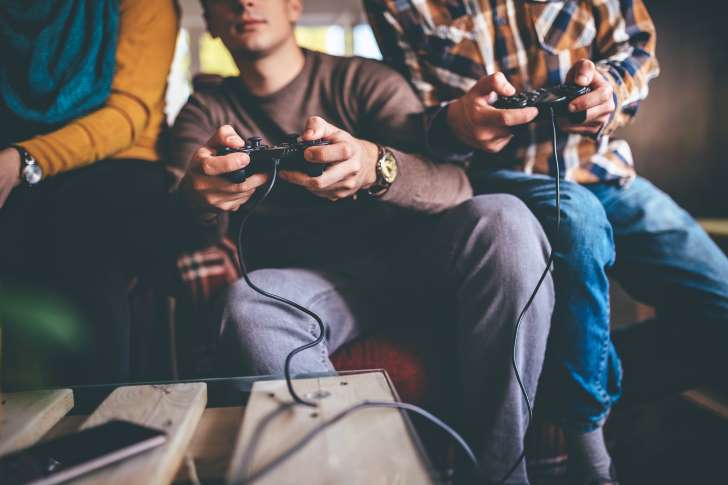
By Sabrina Barr
Gaming disorder is soon to be classified as a mental health condition for the very first time, the New Scientist reports.
The International Classification of Diseases is a diagnostic manual that’s published by the World Health Organisation.
It was last updated 27 years ago, in 1990.
The eleventh edition of the manual is due to be published in 2018 and will include gaming disorder as a serious health condition to be monitored.
The wording of the gaming disorder hasn’t been revealed yet.
However, the draft outlines the criteria needed to determine whether someone can be classed as having a gaming disorder.
Vladimir Poznyak, a member of the WHO’s Department of Mental Health and Substance Abuse, spoke about the importance of recognising gaming disorder as an important issue.
“Health professionals need to recognise that gaming disorder may have serious health consequences,” he said.
“Most people who play video games don’t have a disorder, just like most people who drink alcohol don’t have a disorder either. However, in certain circumstances overuse can lead to adverse effects.”
Grand Theft Auto has racked up over $1billion in combined lawsuits. pic.twitter.com/bcOn6LeIcl
— VS Gaming (@VSGamingWorld)
Last year, researchers from the University of Oxford’s Internet Institute undertook a study to investigate the percentage of gamers who are addicted to video games.
The study, published in the American Journal of Psychiatry, found that only 2 to 3 per cent of the 19,000 men and women surveyed from the UK, the US, Canada and Germany admitted that they experienced five or more of the symptoms from the American Psychiatric Association checklist of health symptoms.
A few years ago, the APA created a list of nine standard symptoms that could determine “internet gaming disorder”. These symptoms include anxiety, withdrawal symptoms and antisocial behaviour.
Dr Andrew Przybylski, lead author from the University of Oxford study, discussed their findings.
“To our knowledge, these are the first findings from a large-scale project to produce robust evidence on the potential new problem of ‘internet gaming disorder,’” he said.
“Contrary to what was predicted, the study did not find a clear link between potential addiction and negative effects on health; however, more research grounded in open and robust scientific practices is needed to learn if games are truly as addictive as many fear.”
While some may debate whether gaming does pose a threat to mental health, the amount of time many people spend playing video games is astounding.
When researchers from ESET polled 500 gamers, they discovered that 10 per cent admitted to spending between 12 and 24 hours glued to their video game screens.
“Gaming is highly addictive, and it is no wonder so many respondents from our study admit to playing them for so long,” said Mark James, a security specialist at ESET.









